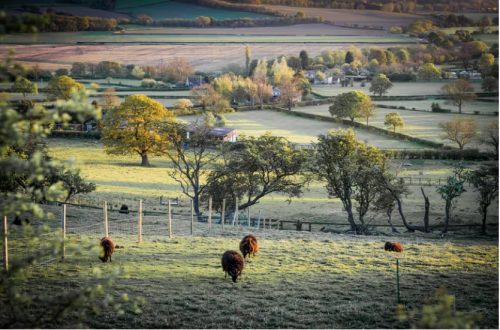This is a guest post by Jamie Bartlett of Demos
Today I released a paper about the English Defence League. It is, I believe, the first quantiative look at the group – based on almost 1300 survey responses from supporters. The results show the EDL to be more than just a bunch of thugs they are usually portrayed as.
The immediate reaction from anyone I tell about this work is amazement at how I managed to get so many responses. It was simple – I surveyed their Facebook group. Why no-one has thought of doing this is beyond me, because like most groups founded post-Facebook, the overwhelming majority of the EDL’s activity takes place online. It is here – with its tens of thousands of fans, that the spine of the EDL is to be found. It is more a Facebook group with a militant wing than a paramilitary political force.
One of the big difficulties facing security and police today is knowing how far the online and offline worlds collide – can the on-line buzz be taken as indicative of what happens in the real world? Our survey provides some answers. Far from being an enormous mobile street army, the majority of the EDL’s Facebook fans are actually not that active at all. Around a quarter are trolls – something readers here will be familiar with – spies, police officers, the vaguely curious, journalists, and me. Of those that remain, only a quarter have travelled any distance for a national demonstration – the stuff we associate with them – while almost as many spend time leafleting, flash-mobbing at local landmarks, and even issuing legal challenges (often against mosques). This explains why demo turnouts are low. Anyone who has ever organised a party or seminar knows the feeling.
But it also means that there is a larger constituency of sympathisers and supporters that stand (or more accurately, sit) behind the demonstrators. And because it is such a free-for-all membership system – click and you’re in – the group is extremely diverse. While there are the wild eyes Islamophobes (and they are often the loudest both at marches and in the chat forums), there are plenty of more thoughtful elements. What seems to define them is not a violent hatred towards all Muslims – though that does exists in parts – but pessimism about the UK’s future, worries about immigration, and high levels of joblessness. The majority disavow violence and have average levels of faith in politics. They have barely any confidence in the justice system, which interestingly is a predictor as to whether someone will march or not. While there is acrimony toward Islam, it is usually a pivot to express pride in Britain and her values which many members genuinely think need defending from the danger of Sharia Law. (In this, part of the media are culpable in creating the impression it does. It really does not).
This is what Facebook fans are: a very broad church of people and opinions, of varying degrees of involvement, that are barely controllable by the leaders. It’s a bit of a democratic mess, but that is likely to be the future of political movements. To see the EDL simply through its small, visible, militant wing and rubbishing them all as neo-Nazis is lazy, inaccurate, and a little old fashioned. Hopefully this report could set the record a little straighter.


